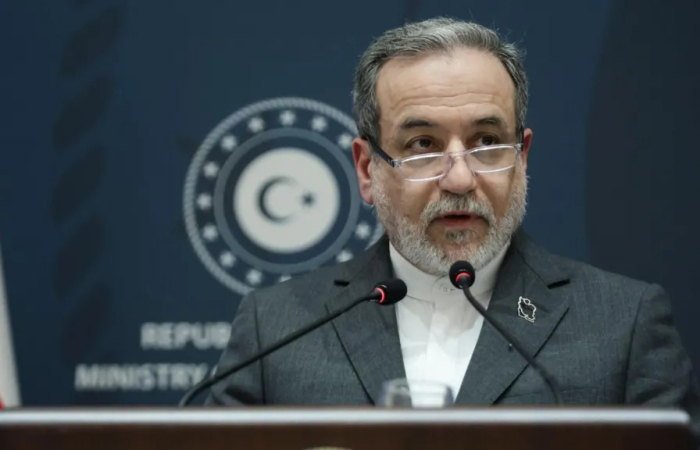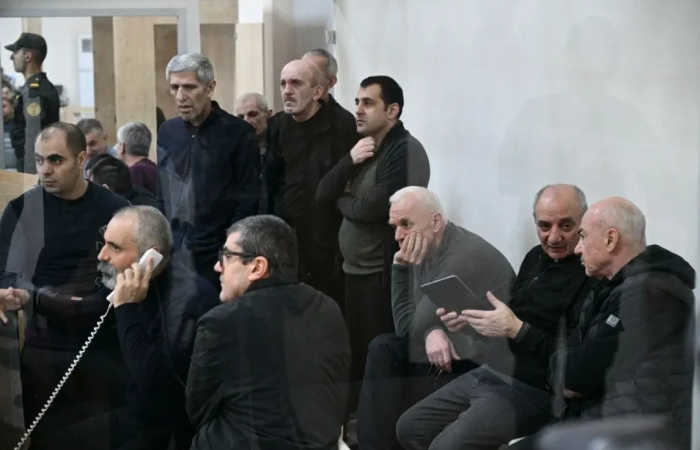The European Commission is going to the Court of Justice of the European Union to request "a daily penalty" from Poland for failing to take action to protect the independence of the country’s justice system. The Commission believes that the country has not demonstrated that it has put an end to the controversial Disciplinary Chamber of the Supreme Court, a body that the ruling party gave the power to discipline judges.
Poland and the European Commission have long been at odds over the independence of the Polish judiciary. Judges who have been critical of the government and its reforms must appear in front of the Disciplinary Chamber. The European Court of Justice ruled earlier this year that the disciplinary chamber violates European law.
The Court will revisit the case and may then impose a penalty payment. Poland will be fined a higher amount every day as long as it does not comply with European legislation.







